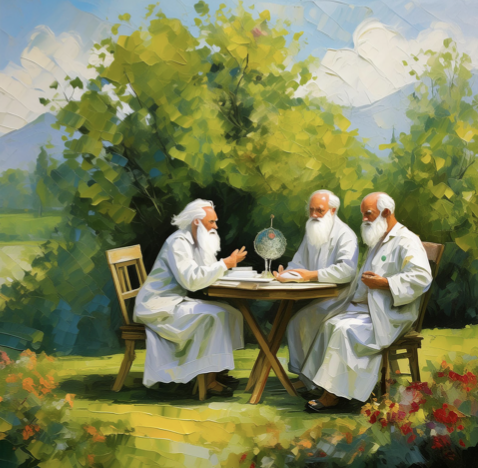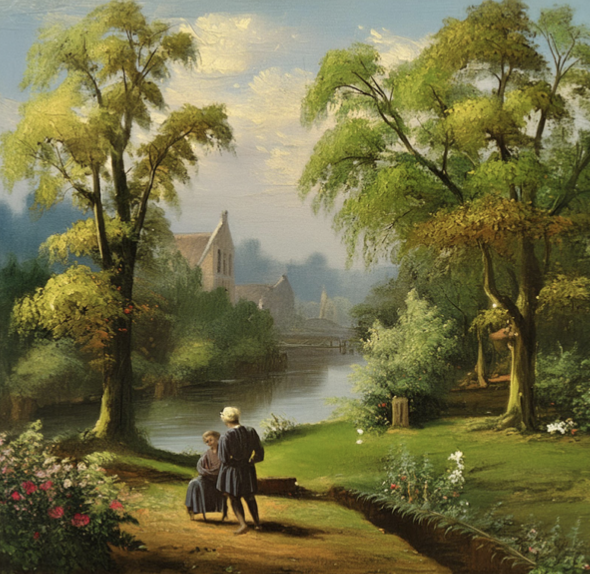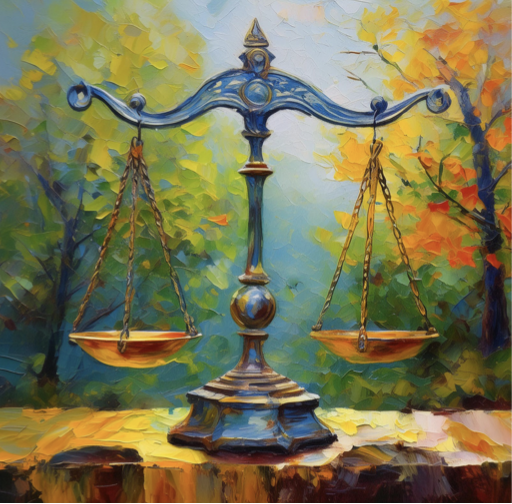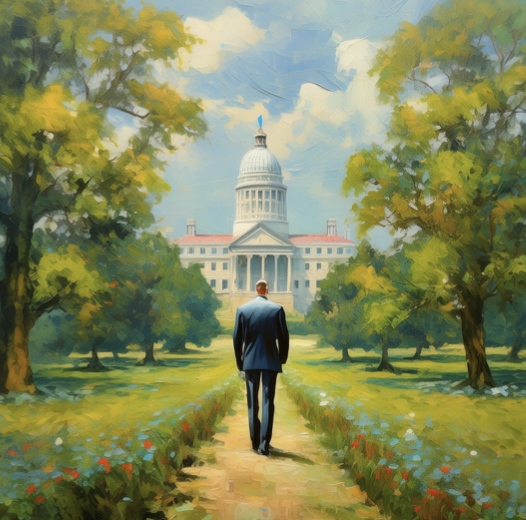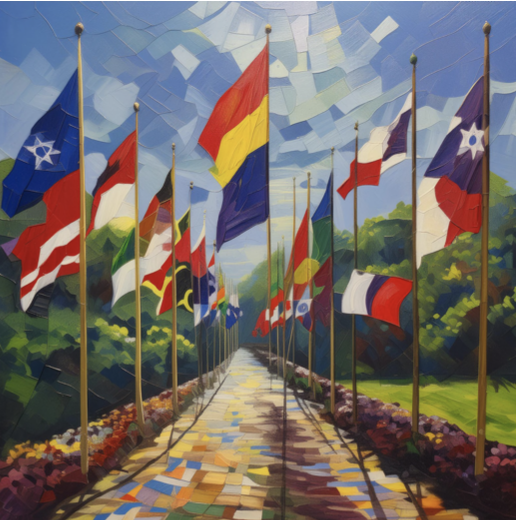BLUE PROGRAM
John Locke Essay Competition
Eligibility
Any nationality, 18 years old or younger
Type(s) of Writing
Philosophical, Argumentative
Related Subject(s)
Philosophy, Politics, Economics, History, Psychology, Theology, and Law
Expected # of References
12-25
Word Limit
2000
Deadline
June 30th 2024
Overview
The John Locke Essay Competition inspires philosophical thinkers from across the globe to share their ideas and openly challenge controversial topics. By encouraging students to craft essays that express their independent thoughts, the depth of their academic inquiry and exploration, and capture previously unrepresented perspectives, the John Locke Essay Competition is the place where new ideas meet time-tested conflicts.
Contestants have the opportunity to address prompts in categories such as Economics, Philosophy, Politics, History, Law, Theology, and Psychology. Although every year, the essay prompts change, John Locke consistently encourages students to bring their unique moral, philosophical, and rational beliefs to every competition cycle. While an essay prompt may exist in the History category, John Locke asks its contestants to examine the topic from an unconventional approach and write an essay that you could never find in a textbook or previously published journal. Students typically write essays anywhere between 1,500 to 2,000 words—enough space to persuasively develop their arguments. By participating in the John Locke Essay Competition, students get the chance to forget about memorization—and can instead examine where they stand and what they believe.
The J&B Essay Consulting team works with students to help them express and polish their ideas in written form, honing their knowledge and logic. As students work one-on-one with a team of experienced J&B consultants, they get the opportunity to break down research, analysis, and critical thinking to prepare them for a future of out-of-the-box ideation and innovative essay writing.
Essay Prompts
Philosophy
Q1. What moral obligations do we owe to living persons that we do not owe to future persons? What are the implications of your answer for policy-making?
Q2. Should we treat non-human animals well because they have rights, interests, neither, or both?
Q3. "When civilians are the main target, there's no need to consider the cause. That's terrorism; it's evil." Is this correct?
Politics
Q1. Should politicians ever be punished for lying?
Q2. David Hume celebrated the wisdom of "unlettered men". In a democracy, do the votes of the unlettered tend to protect a country against the bad ideas of the lettered or do the votes of the lettered tend to protect a country against the bad ideas of the unlettered?
Q3. Diversity is fashionable, but is it valuable?
Economics
Q1. What kinds of behaviour are engendered by the hope of profit? Is such behaviour better or worse, on balance, than the behaviour we should expect if all enterprises were owned by charities or governments?
Q2. What will be the effect on socio-economic mobility of the UK government's plan to impose value added tax on school fees?
Q3. Should Oxford lower its admissions standards for the sons and daughters of generous benefactors?
History
Q1. According to Bertrand Russell, "Hitler is an outcome of Rousseau; Roosevelt and Churchill of Locke." To what extent was he correct?
Q2. Should anyone be ashamed of their nation's history? Should anyone be proud of it?
Q3. Which figure in history did most to enlarge human freedom?
Law
Q1. What injury should one person be permitted to inflict on another in the defence of private property?
Q2. “Use every man after his desert, and who should ’scape whipping?” Should the law treat offenders better than they deserve?
Q3. Is Vladimir Putin a war criminal?
Psychology
Q1. Is objectivity all in the mind?
Q2. Eleanor Roosevelt declared, "No one can make you feel inferior without your consent." Is she right?
Q3. What is self-deceit?
Theology
Q1. Is atheism implausible?
Q2. Why would the creator of a trillion galaxies become angry if you have sex with your boyfriend or eat bacon for breakfast?
Q3. Why pray?
JUNIOR prize
Q1. Your citizenship at birth was chosen for you. Which citizenship would you have chosen?
Q2. Do you benefit more from your own freedom of speech or from other people’s?
Q3. Who is more powerful - Donald Trump or Elon Musk?
Q4. Since 1920, twenty-one presidents and prime ministers from nine countries have been graduates of Philosophy, Politics & Economics (PPE) at Oxford. Would it have been better if they had studied history?
Q5. What is your fair share of what someone else has earned?
Q6. Why do you continue to use your smartphone more than is good for you?
Q7. Why do people become more boring as they grow up and grow older?
Website
https://www.johnlockeinstitute.com/essay-competition

